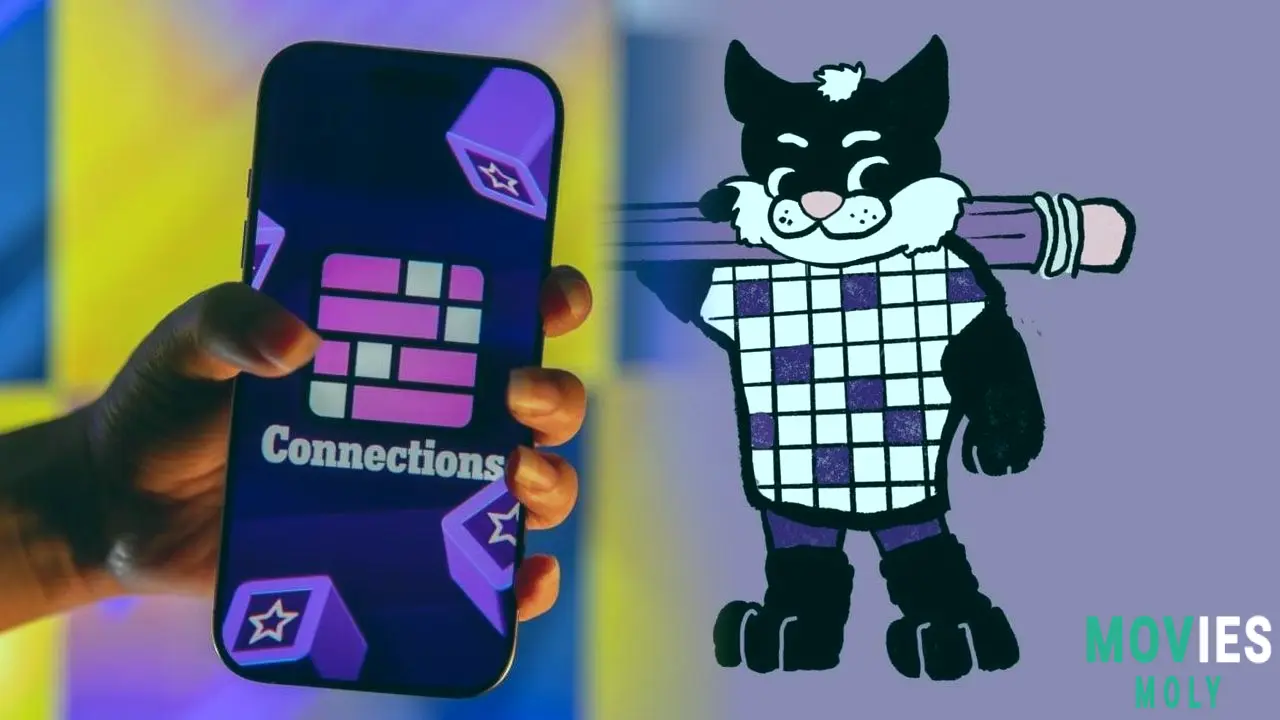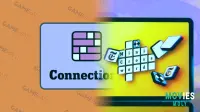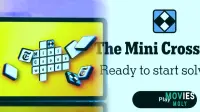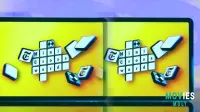It's Monday morning, and while the world spins with the usual chaos—students grinding through finals, adults scrolling for any sign of GTA 6 release news, and everyone still hoping George R.R. Martin somehow finishes Winds of Winter in this decade—there's a quiet hero saving minds from the madness. That hero? The New York Times Mini Crossword. Or if you're feeling a bit more elite, the Connections word game.
These bite-sized brain teasers, often dismissed as simple time-fillers, are actually sneaking into our daily routines and leveling up our cognitive stats without us even realizing it. Much like a well-written Marvel post-credits scene, they slip in under the radar, delivering more than just momentary fun—they deliver mental training, micro-wins, and a sense of community in a world that’s increasingly fragmented.
Why The Mini Crossword Is More Than Just A Quick PuzzleThe Mini Crossword is exactly what it sounds like: a smaller, faster version of the iconic NYT Crossword. Free to play every day, it gives players a quick jolt of wordplay in under two minutes. Today's puzzle (May 5th, in case you’re playing catch-up) had players fill in clues like “Silent but deadly sort” (NINJA) and “Wine pairing?” (DINE). Sure, some answers felt a bit quirky—wine pairing with DINE instead of the expected CHEESE—but that’s part of the charm. It’s not just about getting the right word; it’s about flexing your language muscles in a playful space.
What’s especially fun is how these puzzles create mini narratives in our heads. I imagined the waiter saying ENJOY to a cool, detached NINJA who responds ICILY while reading George ELIOT. It's whimsy disguised as word association, and it works. In a world where we’re bombarded with serious news and endless scrolling, crafting these little mental scenes is a form of creative escape.
Connections Turns Word Grouping Into A Social Brain Sport
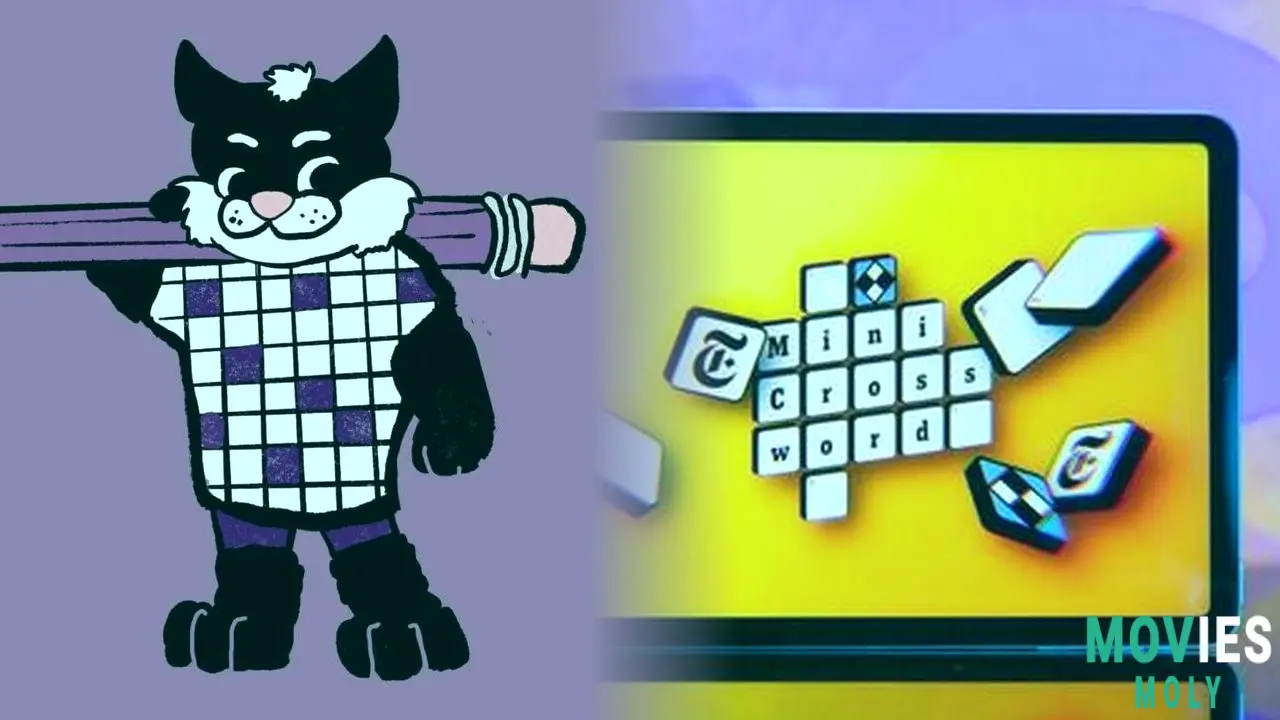
If the Mini Crossword is your quick espresso, Connections is the Sunday roast. This relatively new NYT word game has caught fire on social media, challenging players to group 16 words into four sets based on a shared theme. Think of it as Wordle’s smarter, more strategic cousin. One wrong guess, and you’re backtracking; four wrongs, and the game’s over. It’s unforgiving, but oh-so-satisfying when you crack the code.
Created with heavy input from NYT associate puzzle editor Wyna Liu, Connections isn’t just about vocabulary—it’s about pattern recognition, cultural knowledge, and sometimes, sheer intuition. The color-coded difficulty (yellow to purple) adds another layer, turning each puzzle into a personal gauntlet. And like any good superhero origin story, it’s about growth. You get better. Faster. Smarter.
Hidden Depths In Everyday Entertainment
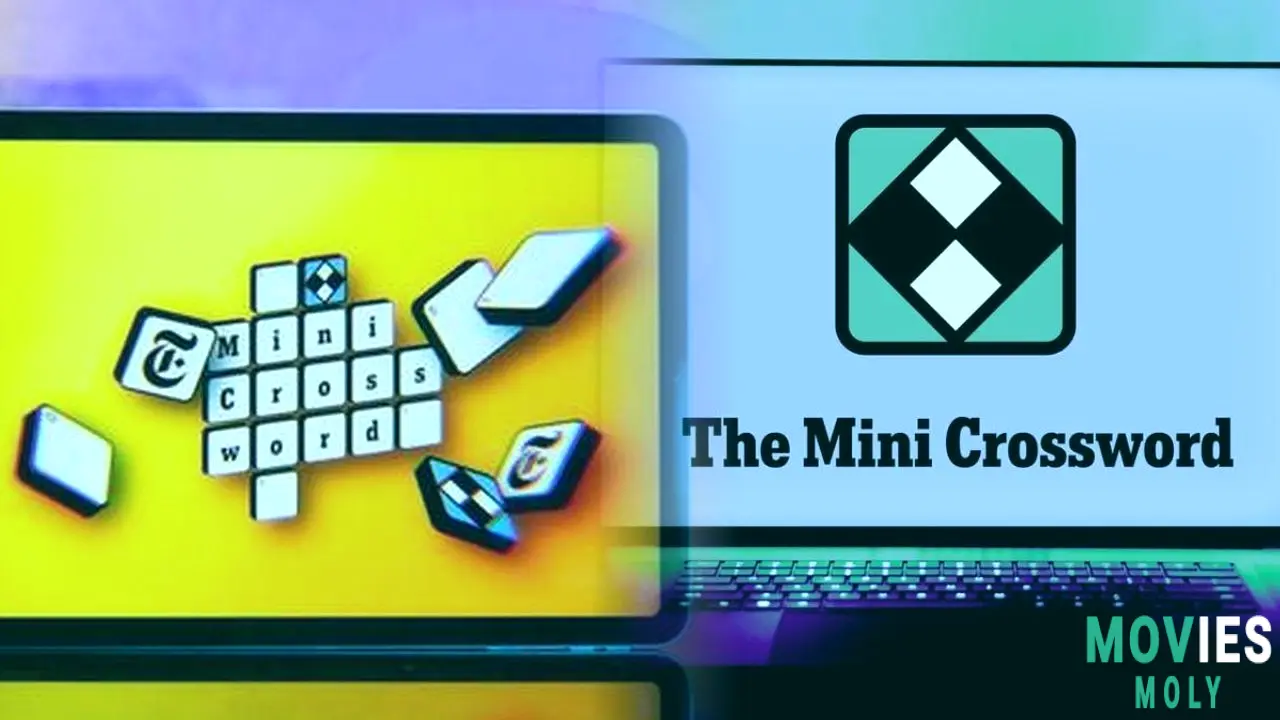
What makes these games truly standout isn’t just their design—it’s how they’re integrated into our lives. Free to play, easily shareable, and just challenging enough, they strike a perfect balance. They’re like the Jurassic Park of word games: accessible thrills with underlying complexity. You don’t need a PhD in linguistics to enjoy them, but over time, you start noticing your word choices improving, your lateral thinking sharpening, and your patience extending.
There’s also a subtle community aspect. Whether it’s sharing your Mini Crossword time on Twitter, or posting your Connections victory (or humbling defeat) in Instagram stories, these games give us something small but meaningful to connect over. No spoilers, just shared experiences. In a way, they’re filling the gap left by fandoms waiting on delayed releases—like the eternal When will GTA 6 drop? dilemma.
How NYT Games Quietly Became The Hero Of Our Daily Routine
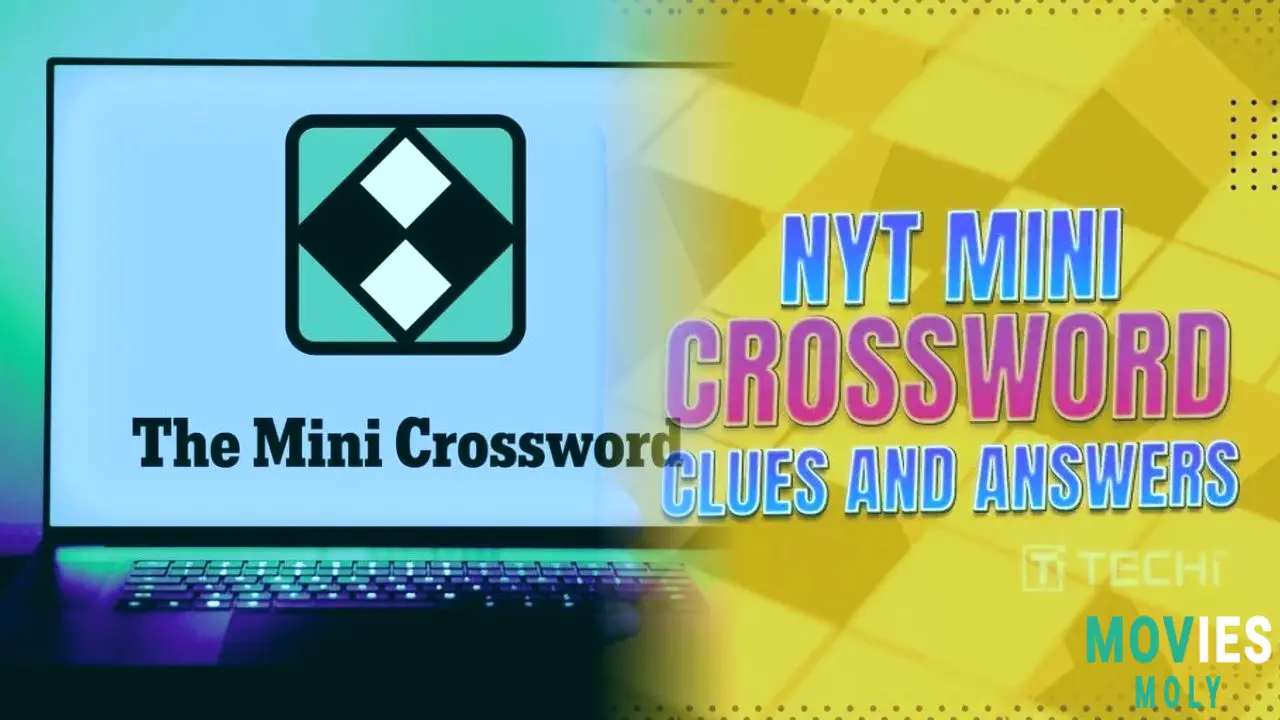
These puzzles aren’t trying to be flashy. They don’t have exploding cars, time-traveling dinosaurs, or cosmic battles. But in their simplicity, they’re doing something powerful: giving us control, clarity, and a win (however small) at the start of the day. That matters. Especially when the larger world feels like it’s stuck in an endless loop of political chaos and delayed game announcements.
So next time you’re tempted to scroll mindlessly, give the Mini Crossword or Connections a shot. You might find yourself, like me, imagining a food-themed dialogue with a frosty ninja named Eliot. And that small moment of creative joy? It’s more powerful than it looks.
In a sneaky way, the NYT Games are turning casual players into word warriors and passive scrollers into active thinkers. And that, my friends, is the kind of undercover superhero work that deserves a cape—or at least a high-five.

